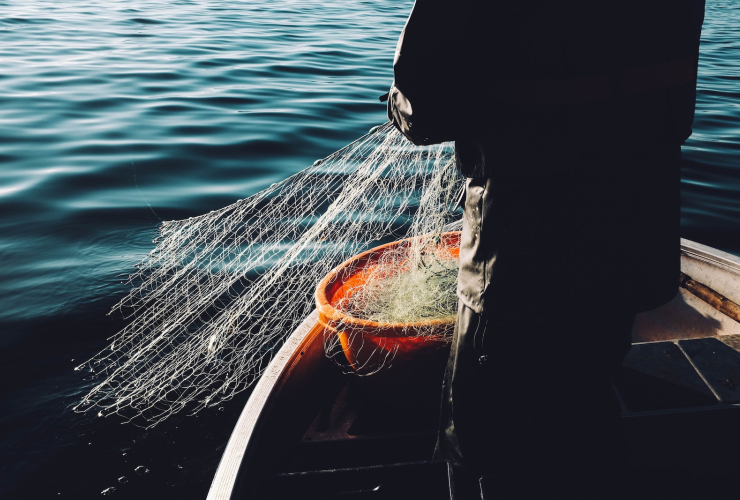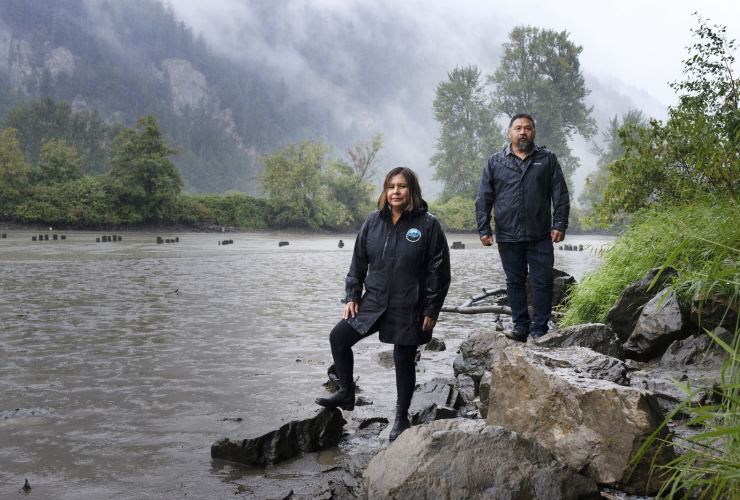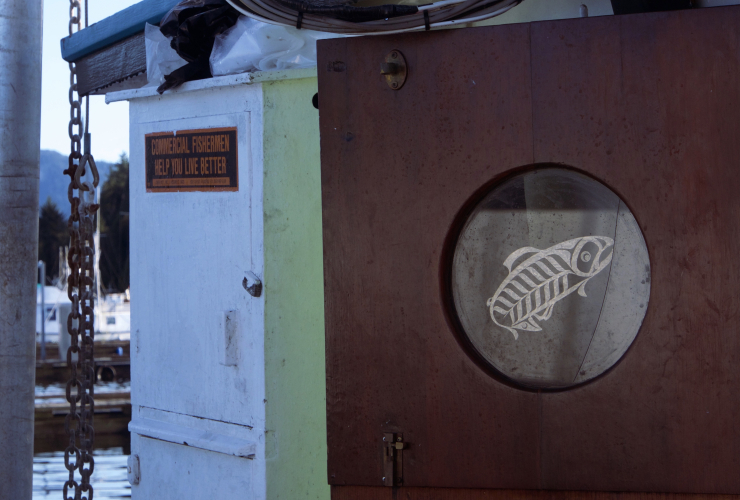About a fifth of the fish harvested from the world's oceans — including over half of Canada's $3.6-billion annual catch — is being given away for a pittance to a handful of companies and investors, a new study warns.
The problem is driven by so-called “catch-share fisheries,” a fisheries management technique where countries allocate a portion of the total sustainable harvest of a species, or quota, to a handful of people or companies when the system is first created.
These quota owners then typically lease their quota out to fish harvesters for a high price, allowing them to accrue wealth from the harvest without setting foot in a boat while fish harvesters struggle to make ends meet. Unable to spend as much on necessities like gear, groceries, and gas, the coastal communities fish harvesters typically support also suffer from the lost revenue.
While they have often achieved their initial purpose of making fisheries more efficient and sustainable, catch-share fisheries have effectively “privatized” many fish stocks, explained co-author Santiago de la Puente, a doctoral student at the University of British Columbia. However, unlike oil and gas, mining, and other extractive industries, most countries that use catch-shares don't require quota owners to pay royalties on their profits.
“Catch-shares are incredibly efficient at reducing the race to fish and limiting (overfishing),” he said. “Yet there is little contribution to society …It's pretty much a gift the government gives to (quota owners).”
The approach has often taken a toll.
“One thing we see from catch-share fisheries around the world is there often tends to be a concentration of power in terms of quota ownership,” he explained. “We pretty much have cartels almost everywhere in the world where we have a limited number of companies that concentrate a large number of the shares.”
As a result, these people and companies tend to exert significant political and economic power over fisheries management decisions. That can include blocking efforts to redistribute the wealth generated by the fisheries more equitably through a royalty system or tax, he said. Royalty payments are common in other extractive industries, like oil and gas.
That lost income can undermine countries' ability to enforce fisheries laws, develop better monitoring systems, or invest in coastal communities impacted by the social and economic losses caused by ITQ (individual transfer quota) systems, he said.
A 2020 report commissioned by Fisheries and Oceans Canada (DFO) found that the value of fish landed per licence-holder more than doubled on both coasts between 2000 and 2018. However, in B.C. the number of licences overall decreased by roughly 40 per cent while the volume of fish harvested increased by almost a third.
However, during the same period, the value of the fish harvested off the B.C. coast increased, as did the value of quota. That has forced most independent and smaller-scale fish harvesters to rent their quota for a high cost, making it difficult for many to stay afloat.
In contrast, independent fish harvesters' incomes on the East Coast, where quota owners must actually be on deck, have risen by about a third since 2000, according to DFO. While the report notes the income difference between the two coasts can't be attributed exclusively to the West Coast's catch-share system, it notes the system does play a role.
“Small-scale fisheries and independent harvesters not only provide food and an economy, they typically provide a vast suite of other values that are typically not measured,” like intergenerational knowledge sharing and coastal protection, said Jim McIsaac, executive director of the T. Buck Suzuki Foundation, an organization dedicated to supporting sustainable fisheries and fishing communities.
“What we're doing with our (catch-shares) here is creating fishing ... aristocracy that is benefiting from the fisheries resource and actually taxing the fishermen to access that resource,” he added.
However, creating a royalty system or tax to fix the problem could be difficult. In its 2020 report, DFO noted the B.C. Seafood Alliance, the province's largest fisheries industry group, opposed measures to reform B.C.'s system proposed in a 2019 report by the federal standing committee on fisheries and oceans. These measures were largely supported by the Canadian Independent Fish Harvesters Association, which speaks for small-scale and independent harvesters.
That's not unusual: Less than half the countries the researchers studied levied royalties or taxes from the catch-share fisheries, the study found. De la Puente explained that while lobbying from quota owners plays a part in preventing countries from imposing these kinds of measures, part of the problem is simply a lack of political will to change the status quo.
“That kind of mentality is limiting society's ability to retrieve those benefits (from fisheries),” he said.
Updates and corrections
| Corrections policyEditor's note: This article was corrected on October 22, 2021, to note that the value of fish landed in B.C. per license-holder more than doubled in B.C. between 2000 and 2018.
Sounds to me like what's
Sounds to me like what's needed is not a royalty system, it's a reform to match the East Coast: Quota owners must be "on deck". Any that don't want to can sell their quotas back to the government for what they originally paid to get it (maybe plus inflation if we're feeling nice), and the quotas can be resold to real fishers.
I concur strongly. Let the
I concur strongly. Let the fishermen and fisherwomen reap the rewards of their toil.
One more example of failed
One more example of failed neoliberal economics......concentrating the wealth at the top, and downloading the costs to the workers. There appears to be more we have to wake up to than climate change.......although the problems associated with wealth creation generally push CO2 rise.
We're fast moving toward dead oceans around the world......from commercial overfishing, bottom tralling and the like. Our fisheries should be a renewable resource. But not if we put profit ahead of sustainable food; not if we award most of the profits to suits that know zip about fishing.
Yes, I completely agree. The
Yes, I completely agree. The rest of Canadian society has to stand up for our hardworking fishermen and fisherwomen.







Comments